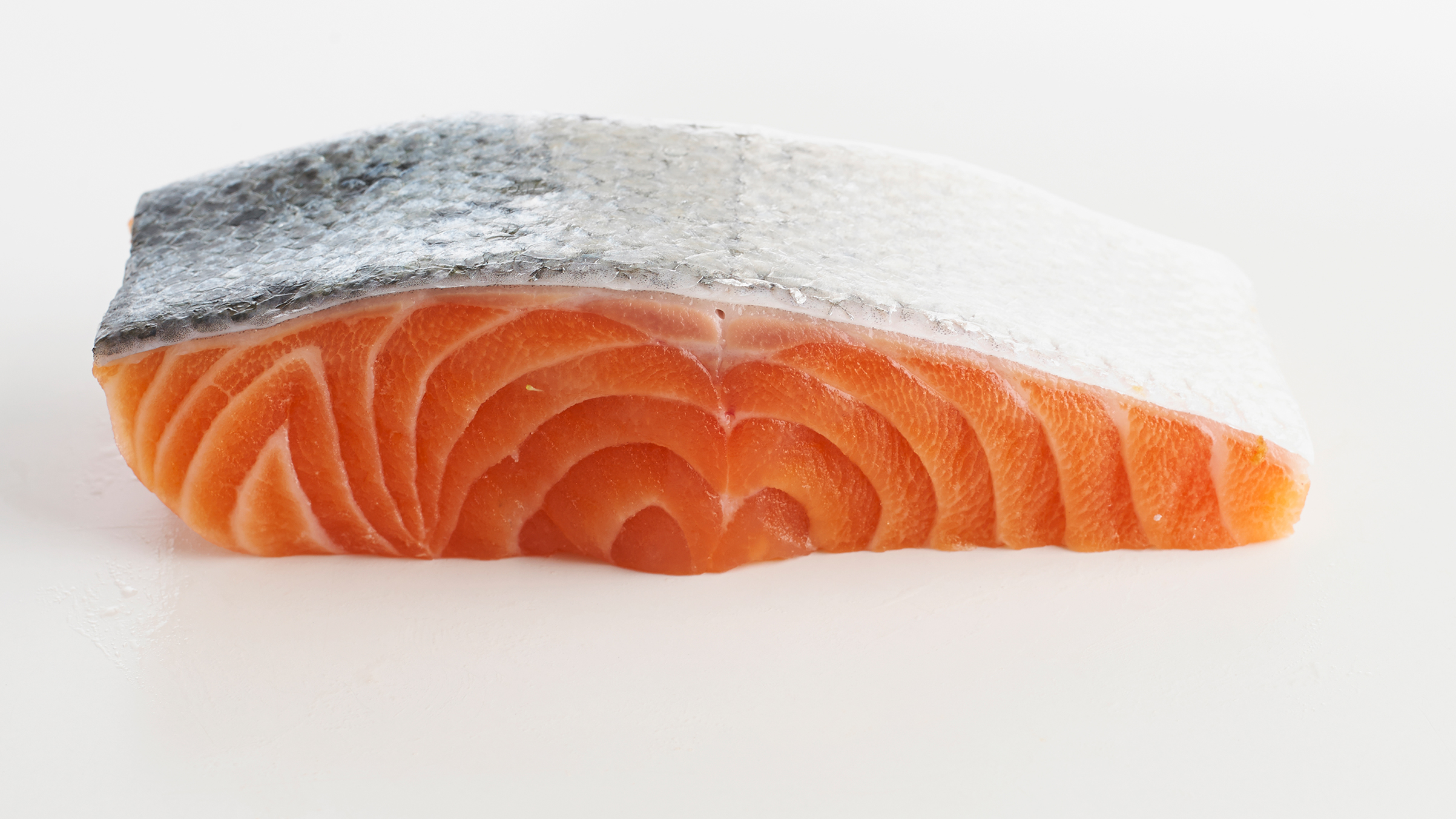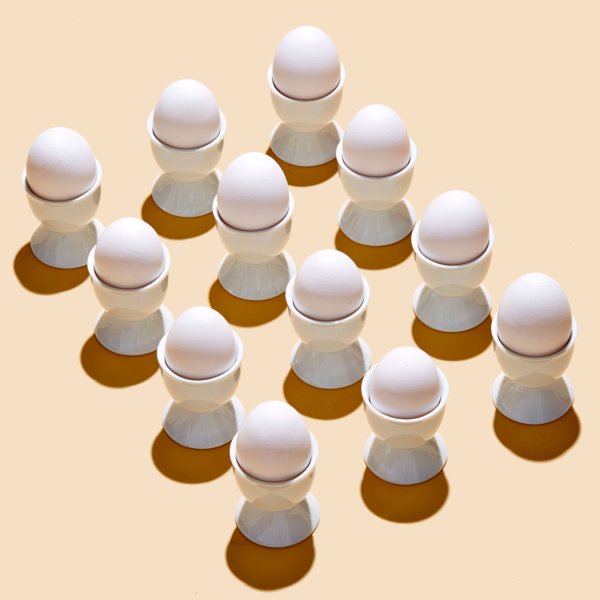<!-- wp:gutenberg-custom-blocks/featured-media {"id":"4923278","url":"https://api.time.com/wp-content/uploads/2016/10/high-fat-foods-salmon.jpg","caption":"","credit":"Getty Images","mediaSize":"medium-jw","playlistId":"uYGhfNfS","goJwPlayer":true} -->

<!-- /wp:gutenberg-custom-blocks/featured-media --><!-- wp:paragraph -->
By now you’ve probably gotten the message: dietary fat is not the enemy. When you reach for low-fat salad dressing or fat-free snack foods, you’re not doing your health or waistline any favors. “We’ve focused on fat reduction for 40 years, and it’s sent us in exactly the wrong direction in terms of obesity and diabetes,” says Dr. David Ludwig, a professor of nutrition at Harvard School of Public Health.
Weight Loss Guide
<!-- /wp:paragraph --><!-- wp:paragraph -->
So which high-fat foods should be packing your plate? Start with nuts and vegetable oils, says Dr. Lydia Bazzano, a professor of nutrition at Tulane University.
<!-- /wp:paragraph --><!-- wp:paragraph -->
Bazzano has coauthored several studies that found ditching carbs—rather than fat—is a healthier way to control appetite, lose weight and improve risk factors for heart disease. She says there’s still not a ton of good research looking at the health impacts of specific fat-rich foods.
<!-- /wp:paragraph --><!-- wp:gutenberg-custom-blocks/video-jw {"mediaId":"MlbiwnQ6","autostart":false} -->
<!-- /wp:gutenberg-custom-blocks/video-jw --><!-- wp:paragraph -->
But thanks to the PREDIMED study, which examined the impact of a Mediterranean diet on heart disease risks, nuts like walnuts and almonds and vegetable oils like extra virgin olive oil and sunflower oil are now well-established health champs. The monounsaturated fats in these foods appear to lower levels of bad cholesterol, which may explain their health benefits, Bazzano says.
<!-- /wp:paragraph --><!-- wp:paragraph -->
Add fish and seeds to your shopping list, says Fumiaki Imamura, a nutritional epidemiologist at the University of Cambridge in the UK. Imamura’s research suggests the polyunsaturated fatty acids in these two food groups are protective against oxidative stress and unhealthy blood sugar adaptations, and therefore may lower your risk for diabetes—among other diseases.
<!-- /wp:paragraph --><!-- wp:gutenberg-custom-blocks/unsupported-block {"content":"<newsletter data="health" /> -->"} -->

<!-- /wp:gutenberg-custom-blocks/unsupported-block --><!-- wp:paragraph -->
All the foods mentioned above are great. But don’t get too caught up in all the talk about monounsaturated or polyunsaturated fatty acids, warns Dr. Dariush Mozaffarian, chair of nutrition at Tufts University’s Friedman School of Nutrition Science and Policy. “It’s about all the other nutrients and compounds a food source contains, not just its fatty acids,” he says.
<!-- /wp:paragraph --><!-- wp:paragraph -->
The health benefits associated with olive oil, for example, may have a lot to do with the olive skin’s healthful bioactive compounds, not just its monounsaturated fat content, Mozaffarian explains. Also, some of the health perks linked to cheese or Greek yogurt may have more to do with the healthy bacteria that come from the fermenting process, not each of these food’s levels of fat.
<!-- /wp:paragraph --><!-- wp:paragraph -->
Speaking of cheese and yogurt, should we all be eating butter, milk and other dairy foods? The answer is murky. Mozaffarian says there’s some evidence—but nothing conclusive—that the medium-chain and branch-chain amino acids found in dairy fat may be good for you. “Things like butter are probably neutral,” he adds. “So probably not worth either emphasizing or avoiding in your diet.”
<!-- /wp:paragraph --><!-- wp:paragraph -->
Ludwig agrees, saying there’s no “nutritional requirement” for dairy. But if you decide to eat dairy, “the existing epidemiological evidence suggests full-fat dairy is associated with healthier outcomes than low-fat dairy,” he says. (Keep this in mind the next time you’re ordering a “skinny” skim-milk latte.)
<!-- /wp:paragraph --><!-- wp:paragraph -->
If you’re looking for the simplest rule of thumb, follow Mozaffarian’s golden rule: “Eat foods that give rise to life.” Nuts, nut butters, seeds, seed oils, olives, olive oil and avocados all fit the bill.
<!-- /wp:paragraph --><!-- wp:paragraph -->
“It’s also crucial to point out that the benefits come from replacing carbs with healthy fats,” he adds. Think fewer crackers and bagels, and more olive oil-drenched salads sprinkled with seeds and nuts.
<!-- /wp:paragraph -->

